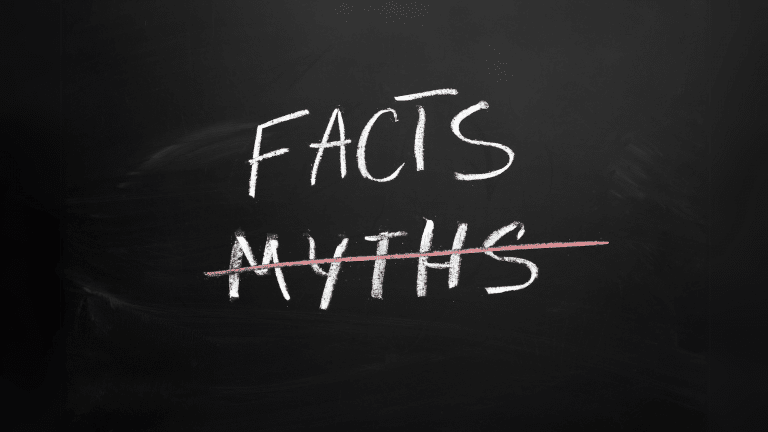
There are many commonly held beliefs about achieving a sustainable future. For instance, recycling is often praised as a positive action, while plastic grocery bags are criticized. However, the reality is usually more nuanced. To truly understand sustainability, we must consider the entire lifecycle of an item. This comprehensive approach helps us accurately assess its environmental impact.
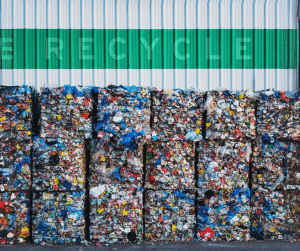
Myth: Recycling is the best way to dispose of certain materials.
Fact: Recycling is a resource intensive process and while it keeps items out of landfills and uses less overall energy than sourcing and creating from virgin material, it should be considered the last option before the landfill. The 5 R’s of zero waste (refuse, reduce, reuse, recycle, & rot) gives a better plan for managing material use and disposal.
Learn more at https://www.energility.com/steps-to-zero-waste/
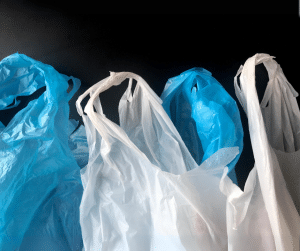
Myth: Plastic grocery bags are the least environmentally friendly option for carrying your groceries.
Fact: Contrary to popular belief, plastic grocery bags actually have a lower environmental impact during the production process compared to other types of bags such as paper, cotton, or reusable plastic.
To put it into perspective, here’s how many uses are required for each bag type to have a lower environmental impact than a standard plastic grocery bag:
When evaluating the environmental impact of a bag, it’s crucial to consider its entire life cycle. Regardless of the bag option you choose, there are ways to minimize its environmental impact. Although it may be difficult to admit, single-use grocery bags are comparatively less harmful to produce than other bag types. However, the true issue lies in their disposal. To address this, we can minimize the impact by maximizing their usage before recycling. Many major retailers now offer in-store recycling for plastic bags. If you opt for reusable totes, remember to purchase only what you need and make a habit of using them on every shopping trip.
Want to learn more about shopping bags and their environmental impact?
https://education.nationalgeographic.org/resource/sustainable-shoppingwhich-bag-best/
https://www.theatlantic.com/technology/archive/2016/09/to-tote-or-note-to-tote/498557/
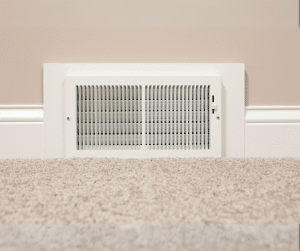
Myth: By closing vents in unused rooms, it is commonly believed that energy can be saved.
Fact: The act of closing vents actually leads to an increase in air pressure within the system, consequently causing it to work harder and consume more energy.
Learn more at https://reddihvac.com/blog/cooling/is-it-okay-to-close-hvac-vents-in-unused-rooms
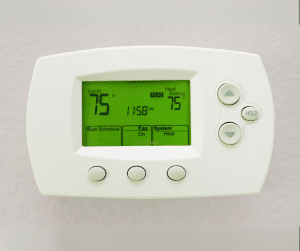
Myth: Turning back your thermostat doesn’t save energy.
Fact: Even a degree or two (only 1-2°F!) for 8 hours will save energy.
A programmable thermostat or smart thermostat is a valuable tool for adjusting the temperature in your home while you’re at work or school. It also ensures that the temperature is back to your desired level by the time you return. This convenient feature allows for optimal comfort and energy efficiency.
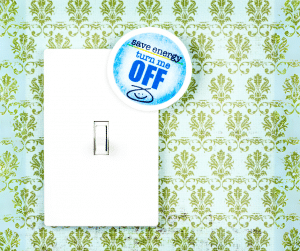
Myth: LED lights consume such a minimal amount of energy that you don’t have to bother turning them off.
Fact: Turning off the lights always saves energy even if it is a small amount. Standard practice should be to switch off lights that are not in use, just like turning the faucet off while brushing your teeth or unplugging energy vampires.
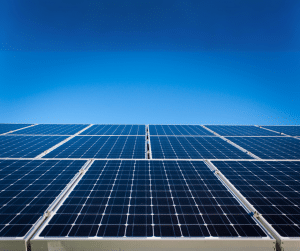
Myth: Solar panels do not work in Ohio.
Fact: Solar power is a practical and viable choice in Ohio.
SEIA Ohio Fact Sheet – https://www.seia.org/state-solar-policy/ohio-solar
Myth: There is not a return on investment with solar
Fact: Approximately $350 – $500 quarterly can be saved on utility expenses with a small 5-kW solar array.
Discover the potential savings of solar energy for your home by visiting Watt Plan. Simply enter your address, answer a few questions, and the tool will provide you with estimated savings tailored to your specific location.
Myth: Installing solar panels will cause damage to my roof.
Fact: Several fully developed methods exist to prevent damage to roofs of any material design.
Learn more at https://hproofs.com/do-solar-panels-do-damage-to-your-roof
To ensure we make the most sustainable choice, it is important to possess accurate information and consistently choose actions that we can incorporate into our daily lives. This way, we can make a lasting positive impact on the environment.
